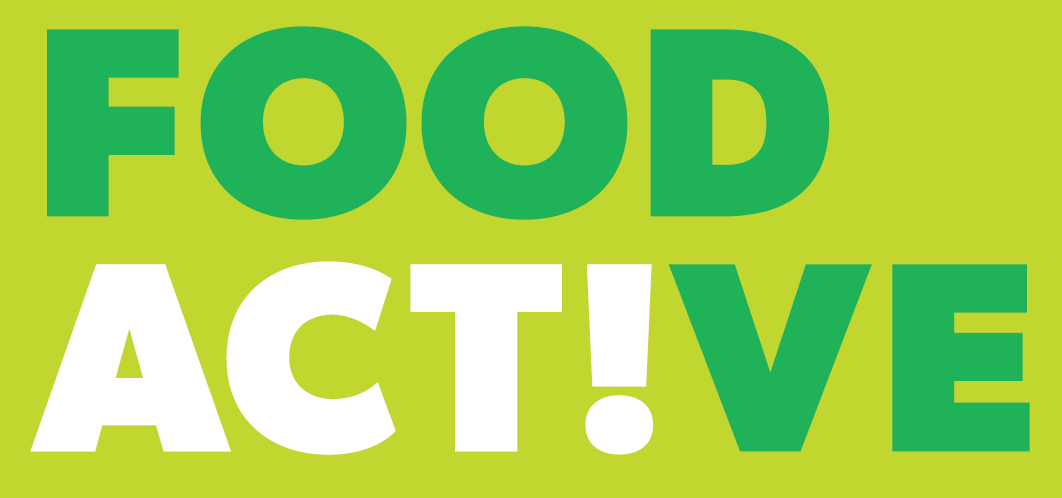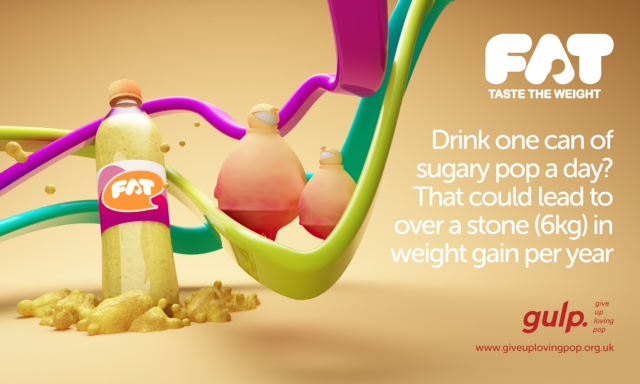
We have a strong history in the North West for making a noise about public health issues which we hope will be heard in Westminster. The Health Equalities Group (HEG) has over ten years’ experience of doing just this with much being learnt in particular from tobacco control advocacy. And it’s no surprise when you look at the health issues we face in our region.
Take obesity. The most recent figures indicate the prevalence of childhood obesity in the first year of school (ages 4-5 years) of 9.1% and in year 6 (children aged 10-11 years) obesity affects 19.1% of children.
 The Directors of Public Health in the North West have a good record of working collaboratively. I was delighted when HEG was asked in 2013 whether we could develop a regional programme to address healthy weight which has become Food Active. A focus on sugar became a key part of our work as growing evidence has shown that we are exceeding our recommended sugar intake across all age groups.
The Directors of Public Health in the North West have a good record of working collaboratively. I was delighted when HEG was asked in 2013 whether we could develop a regional programme to address healthy weight which has become Food Active. A focus on sugar became a key part of our work as growing evidence has shown that we are exceeding our recommended sugar intake across all age groups.
It’s been a fascinating journey for Food Active as we wait for the Government’s Childhood Obesity Strategy to be published any time now and if a tax on sugar-sweetened beverages (SSB) will be included.
Exploring the acceptability of sugar tax
Back in 2013, insight work undertaken with Liverpool John Moores University explored the acceptability of such a tax. Even then, before the launch of national campaigns such as Action on Sugar, 51.9% of survey participants felt a 20% price increase would be acceptable.
And in 2014, an SSB Duty Model was produced by the University of Liverpool and subsequently adopted by our colleagues at the Children’s Food Campaign. This indicated a 20% duty on SSBs should reduce adult obesity prevalence in the North West by 1.5% leading to cost savings of treating obesity related diseases of around £3.9 million each year.
Learning from other campaigns
Food Active has focused on supporting population wide approaches to promote healthy weight.
Food Active has focused on supporting population wide approaches to promote healthy weight. Local councils need to look at their own policies and practices in the same way as Simon Stevens has urged the NHS to do.
With our experience in tobacco control, we wondered if we could learn from Action on Smoking and Health’s Local Authority Declaration on Tobacco Control.
It is clear that a Declaration on Healthy Weight is more complex than in tobacco control but we are committed to support local authorities to explore their powers in planning, recreation and commercial arrangements.
And so congratulations to Blackpool Council, the first local authority to adopt a Local Authority Declaration on Healthy Weight in January 2016. Their Declaration includes measures such as recognizing the impact of partnerships with the food and drink industry, supporting the health of their staff and reducing the availability of sugary drinks in vending machines.
Cutting back on sugary drinks
Blackpool has also played a part in the sugary drinks campaign, Give Up Loving Pop, also known as GULP, which was launched in a series of roadshows in 2015.
Cutting back on sugary drinks is an easy way of cutting calorie intake. Our insight work showed that parents are worried about their children’s consumption.
Cutting back on sugary drinks is an easy way of cutting calorie intake. Our insight work showed that parents are worried about their children’s consumption and they have every right to when some young children report, “I drink about four or five energy cans a day”.
GULP materials have been used in Burnley, Oldham, Guernsey and Blackpool – who organized an excellent 21 day challenge to Give Up Loving Pop in one of their schools. We are currently developing a digital resource for use in PSHE classes in secondary schools with funding from Big Lottery Awards for All.
 Following the experience of Big Tobacco who spent years trying to discredit public health researchers, funding studies supporting their own position and challenging legislation in court, it has not been a great surprise that the Food and Drink Industry are adopting much of the same tactics whilst they resist regulation.
Following the experience of Big Tobacco who spent years trying to discredit public health researchers, funding studies supporting their own position and challenging legislation in court, it has not been a great surprise that the Food and Drink Industry are adopting much of the same tactics whilst they resist regulation.
The images we used in GULP were attacked as distorting evidence whilst ‘The Grocer’ inaccurately quoted me as wanting to “carpet bomb” the industry. Check out www.giveuplovingpop.org.uk and make up your own mind. Two shopping centers even refused to take our roadshows because of existing commercial arrangements with sugary drinks companies.
The future of these campaigns
 A tax on sugary drinks and indeed sugary foods are indeed one way forward especially if the revenue can be invested in children’s health. Of course there are no individual silver bullets but such a tax would show that this Government takes obesity seriously.
A tax on sugary drinks and indeed sugary foods are indeed one way forward especially if the revenue can be invested in children’s health. Of course there are no individual silver bullets but such a tax would show that this Government takes obesity seriously.
And the future for local and regional campaigns such as Food Active and GULP? Sadly much less certain as local public health budgets are being decimated. That is a shame as regional advocacy has a proud story to tell in helping to address national issues.
Comments